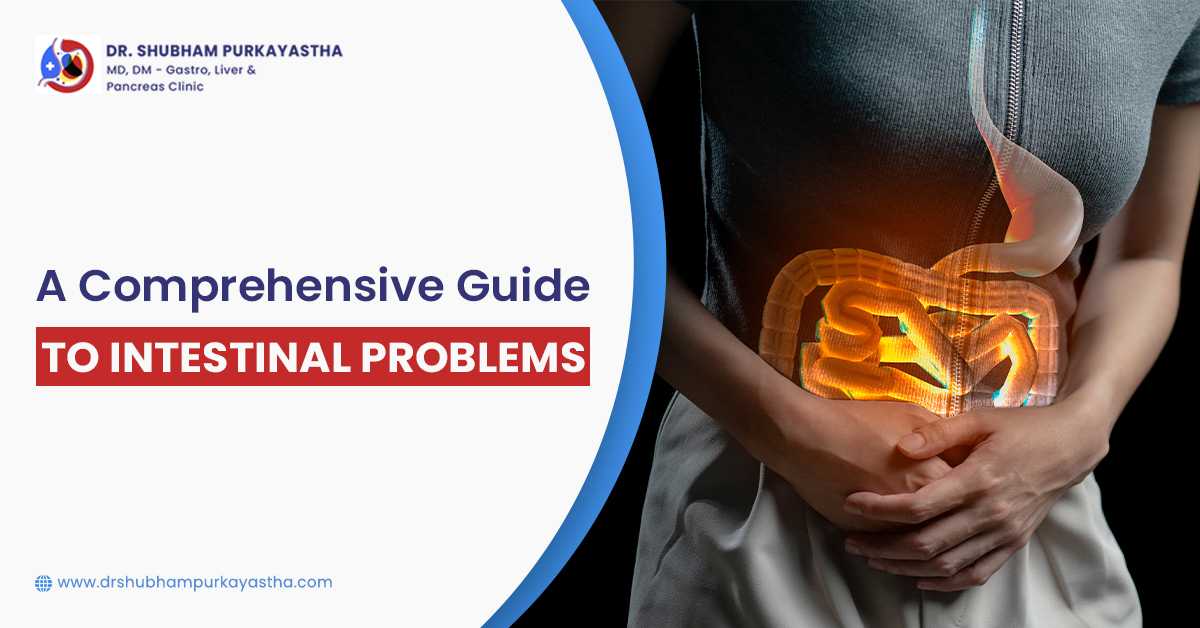Liver problems can occur due to many reasons. You might have liver failure when your liver is unable to perform well enough to carry out its duties – such as producing bile and purging your body of toxins. In case, you notice the symptoms such as nausea, appetite loss, and blood in the stool don’t hesitate to visit your best gastroenterologist in Guwahati. Food and alcohol avoidance are two forms of treatment.
Alcohol-Related Liver Disease Combined With Cirrhosis
There are many ways that the liver might be harmed. Inflammation may occur in cells, as in the case of hepatitis. Cholestasis, for instance, may impede bile flow. For instance, triglycerides or cholesterol might build up in steatosis. There might be a problem with the liver's blood flow. Minerals and chemicals, as well as aberrant cells like cancer cells, may cause harm to liver tissue.
Liver illness and alcohol abuse: In North America, alcohol misuse is the leading cause of liver damage. Alcohol directly damages liver cells and may lead to alcoholic hepatitis, an inflammation of the liver. When alcohol is abused over an extended period, fat builds up in the liver cells, impairing their functionality.
Liver cirrhosis, or advanced liver disease: A late stage of liver disease is cirrhosis. The loss of healthy liver cells and liver scarring brings on liver failure. It takes significant damage to the liver's cells for the organ to stop working.
How Can One Treat Liver Failure?
Hepatologists are professionals who often treat liver illness and liver failure. Whether liver failure is acute or chronic will determine how it is treated.
- Staying away from drugs and alcohol that might damage your liver
- Consuming fewer items, such as cheese, eggs, and red meat
- Loss of weight and control of metabolic risk factors, such as diabetes and high blood pressure
- Reducing the amount of salt in your diet (including salting meals without adding salt)
What Consequences Could Arise From A Liver Issue?
Identifying, addressing, controlling, and avoiding this specific illness is critical. If you have any liver failure symptoms, consult with your gastroenterologist in Guwahati right away.
Transplantation is sometimes the only course of treatment available for liver disorders that progress to hepatic failure. It is a potentially fatal illness. Other issues that might arise from it include:
- Blood pressure
- Artificial malfunction
- encephalitis
- Cancer of the liver
Treatment For Acute (sudden) Liver Failure:
- Intravenous (IV) fluids for blood pressure maintenance
- Medications to assist in removing toxins (poisons), such as laxatives or enemas
- Monitoring of blood sugar or glucose. If your blood sugar falls, your healthcare practitioner will give you glucose
- In addition, if your bleeding is severe, you could have a blood transfusion or a breathing tube to aid in breathing
Your doctor might suggest a liver transplant in cases of both acute and chronic liver failure. Before putting transplant candidates on organ waiting lists, physicians meticulously test patients to see if a new organ may benefit them.
A healthy liver from a dead or living donor replaces a damaged or diseased liver during transplantation. Because the liver may regenerate or grow back, specific transplant clinics can replace a damaged liver with a part of a healthy liver.




